Sometimes art does more than just imitate life, it also predicts it.
While not as prophetic as Brave New World or other science fiction, Swedish drama, Blue Eyes, is a harrowing and completely unsettling 10-part series about the rise of right wing extremists in Stockholm as a general election looms closer.
At the centre of it all, and in some ways the main protagonist is Simon, (played by David Lindström), a young man left numb by the murder of his politician mother, Annika, (Anna Bjelkerud) a member of right-wing party, Trygghetspartiet. Although his choices may be questionable, Simon is arguably the most likeable character in a show where no one is their true self and the notion of extremism is pushed to its very limits.
David recently took some time out to talk to us about the success of Blue Eyes and his journey to becoming an actor.
You originally began as a musician, how did you move into acting, and why?
While the aim was always to be a concert pianist, I got hooked on acting as a hobby quite early. In high school I filled my free time with amateur plays to the point where a couple of friends and I founded a theatre for young adults in Borås, where many had never seen theatre before.
I would watch 16 hours of work in the theatre fly by easily, but practicing Chopin Études for a few hours a day became a chore. After an early life of piano and half a year of those damn études I was turned down by the Royal Swedish Academy of Music, and as I laid breathless on my cousin’s floor I got a phone call telling me that after five years of failed auditions I’d actually landed a role: Simon in Blue Eyes.
In Blue Eyes you played the character of Simon, who – without giving away too much – goes through a remarkable journey following the murder of his mother, who is a politician for Sweden’s right-wing political group. What were the challenges of playing such an intense character?
The major challenge was dealing with all the emotions Simon goes through, most of which he never has any time to process. He never gets a moment to catch his breath before he’s thrown into another catastrophe, and that stress, combined with his isolation and insecurity, makes him shut off completely on the surface while he’s still ready to burst at any time. That was a lot to work with.
Although Blue Eyes was filmed in 2014, it’s currently screening in some parts of the world, such as Australia, for the first time. What is it like to look back at the racial tensions and prejudices it explores given the events of the past few months? For example, did you ever think that Stockholm could have actually been a terrorist target back then?
I’ve always feared that it could, and as much as I hate to say it, we may not have seen the worst yet. That being said, closed borders will never be the solution. First of all, most of the recent terror activity in Sweden has been by right-wing extremists targeting minorities. Secondly: if we close the door, we do so on countless innocent people who are fleeing from the very same lunatics that we try to protect ourselves from.
I can’t even begin to imagine how devastating it must be to have lost someone to terror, but we must remember that when we let people in, we save far more lives than these few lunatics could ever take away.
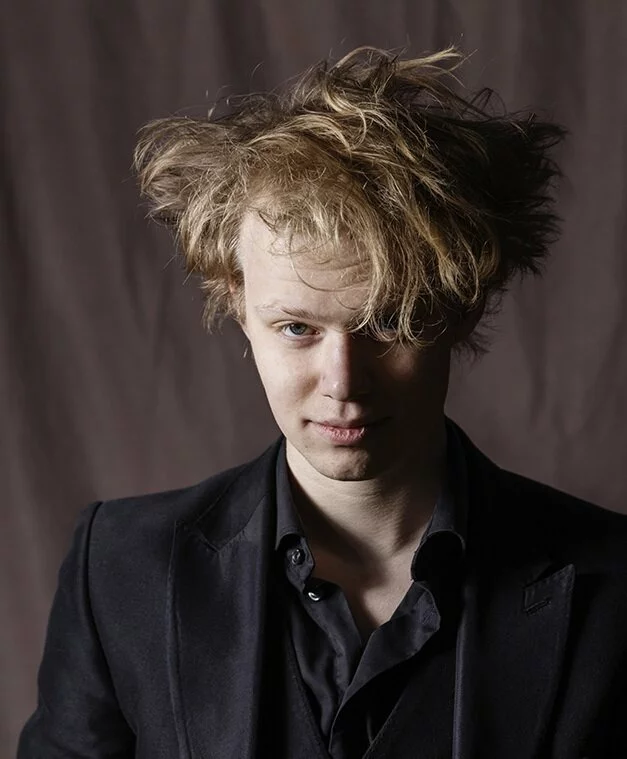
David Lindström (Photo by Sanna Tedeborg)
Blue Eyes deals explicitly with the rise of the right-wing, racist political presence. This was before Brexit and Trump’s appointment as President of the USA. What is the political climate like in Sweden at the moment? Do you think Blue Eyes is a warning of what the world could come to, or is it all too late?
I expect discussions to get louder closer to the election, but the polls aren’t looking great. It’s becoming increasingly apparent that our vote is far less motivated by policy than it is by sense of identity. We pick candidates like we pick soccer teams. Trump is an excellent example of how far supporters will go to defend their leaders no matter what they do, and Brexit shows just how eager we are to form an opinion about things we know nothing about. The Swedish election will most likely be the same thing and as long as we let fear, greed and gang mentality guide our decisions, we’re doing a horrible job at democracy.
The end of Blue Eyes is so ambiguous, particularly for Simon. What do you see happening to him? And could we see him (and you!) on our screens again?
As far as I know we’re not ruling out another season somewhere down the road, so I don’t want to say too much. I would however expect Simon to want to put as much of the events behind him as possible, at least for a while. When he’s recovered I could see him get quite deeply into politics, but I doubt it would be right wing.
Moving on from Blue Eyes, you went on to star as Sigurd in the historical action-drama, Vikings. What did you enjoy most about this role?
The setting and the cast. There’s nothing quite like watching the sun rise over a massive field where you have 500 amazing people running and screaming together.
Your two TV roles have both been very Scandinavia-specific. Do you have a favourite genre you prefer working in?
I doubt I’ll be an action hero anytime soon, but I’ve enjoyed every genre I’ve worked in so far. I’d hate to be pidgeonholed into only doing one thing.
My Scandinavia. David’s five favourite places:
Trolltunga, Norway.
I took us the whole day to climb and when we got to the top the rain clouds hid everything. Just as we turned around to leave in disappointment the sky cleared and that view has stuck with me ever since.
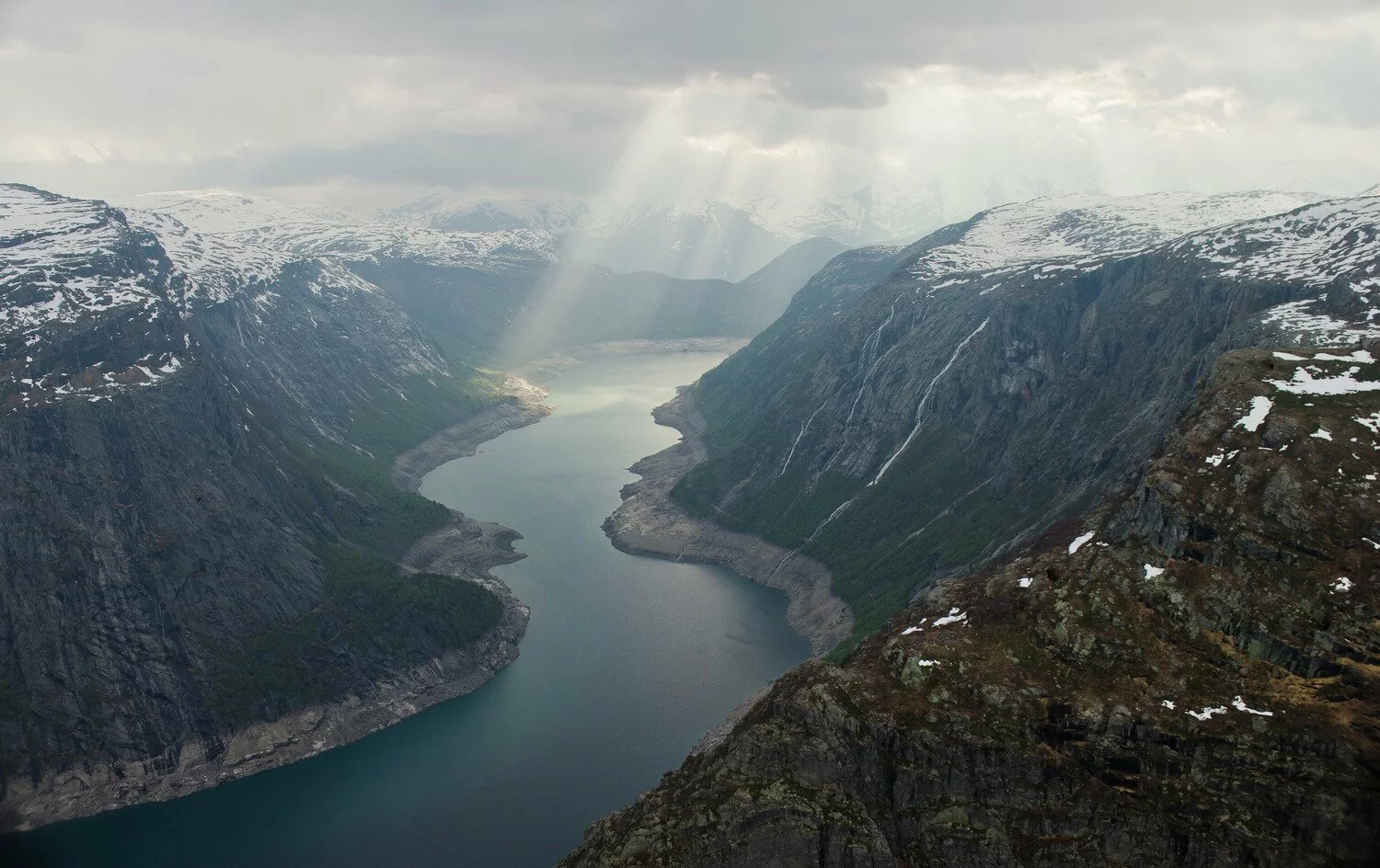
Trolltunga (Photo courtesy CH – Visitnorway.com)
Borås, Sweden.
I chose this city for the memories and the people I love. More specifically: a rock in the woods outside my childhood home where I go to play guitar and sneak a peek at the elephants in the zoo just a few meters away. Also the house at Kyrkogårdsgatan 2 where our theatre, Dramafabriken, used to be. And also the small terazze that connects Bäckängsgymnasiet (my high school) with the Public Theatre as well as Gustav Adolf’s church, the most beautiful church in Borås (which also has a kickass organ).
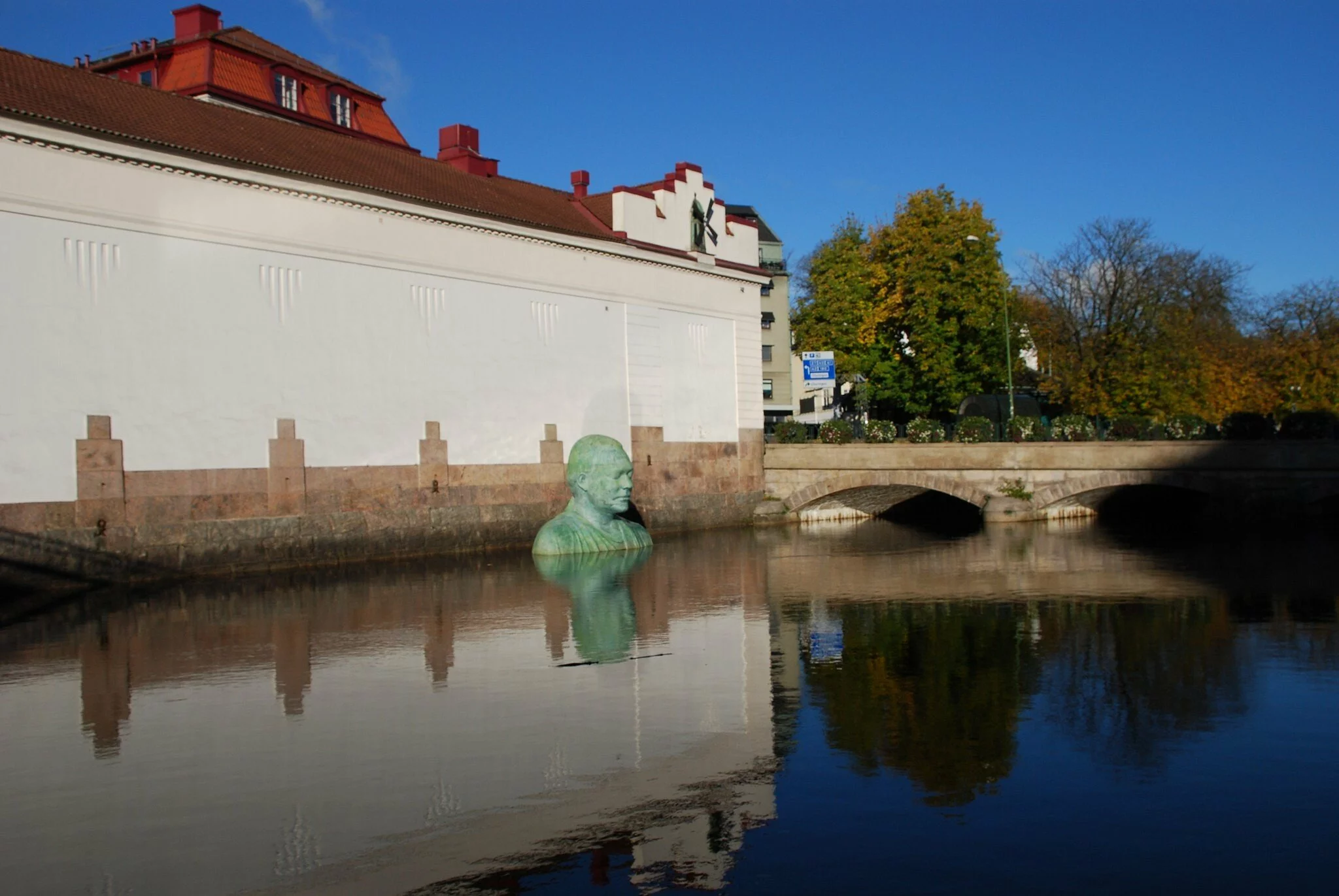
Boras. (Photograph by Annika E Andersson)
Slottsskogen, Gothenburg.
This is the perfect park for a walk, a picnic, and an amazing music festival, Way out West.
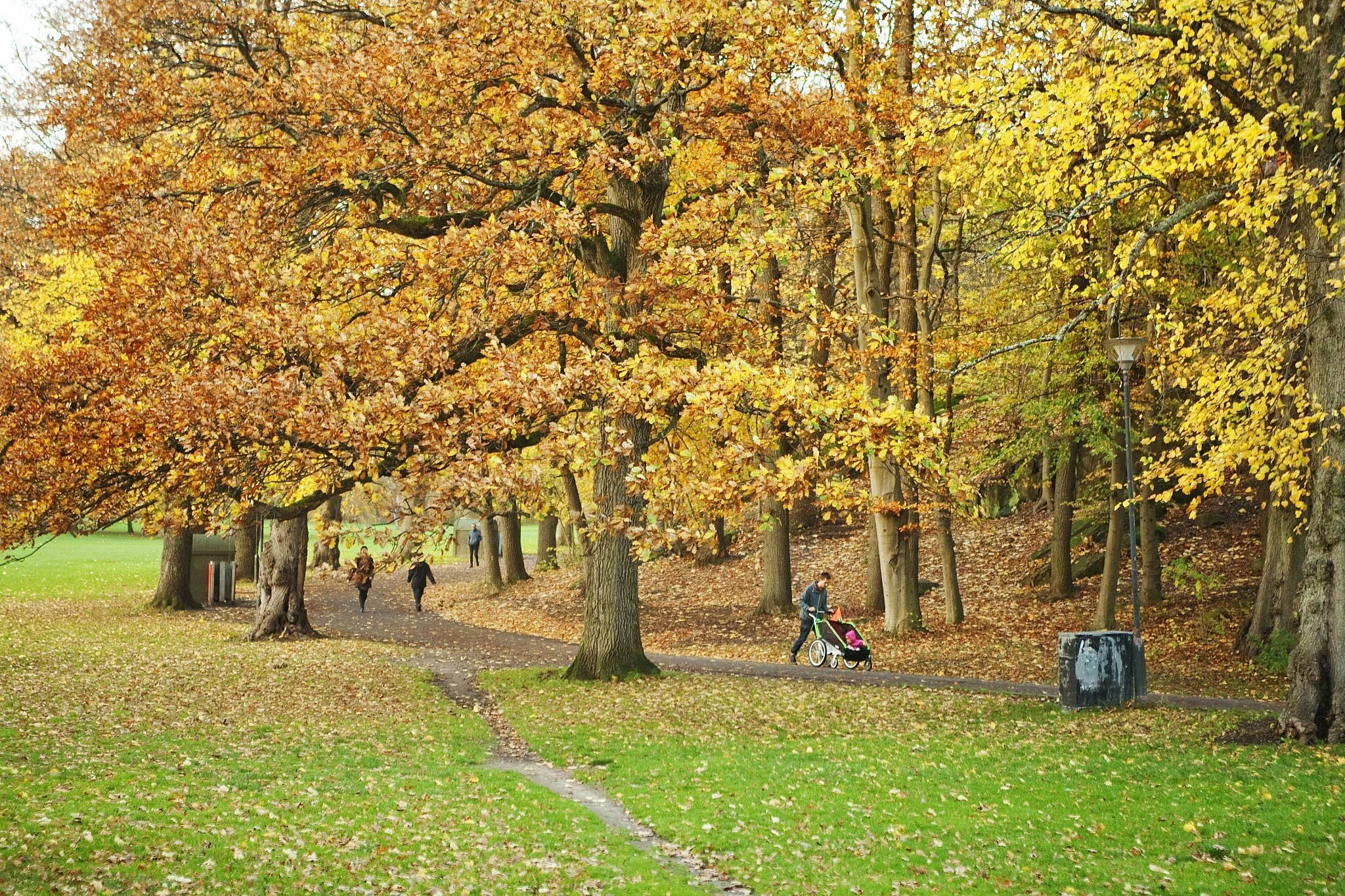
A walk in the park in Slottsskogen. (Image by BeatriceTornros)
Hotel Eggers, Gothenburg.
This is Sweden’s third-oldest hotel, where I’ve been bar manager between acting jobs.
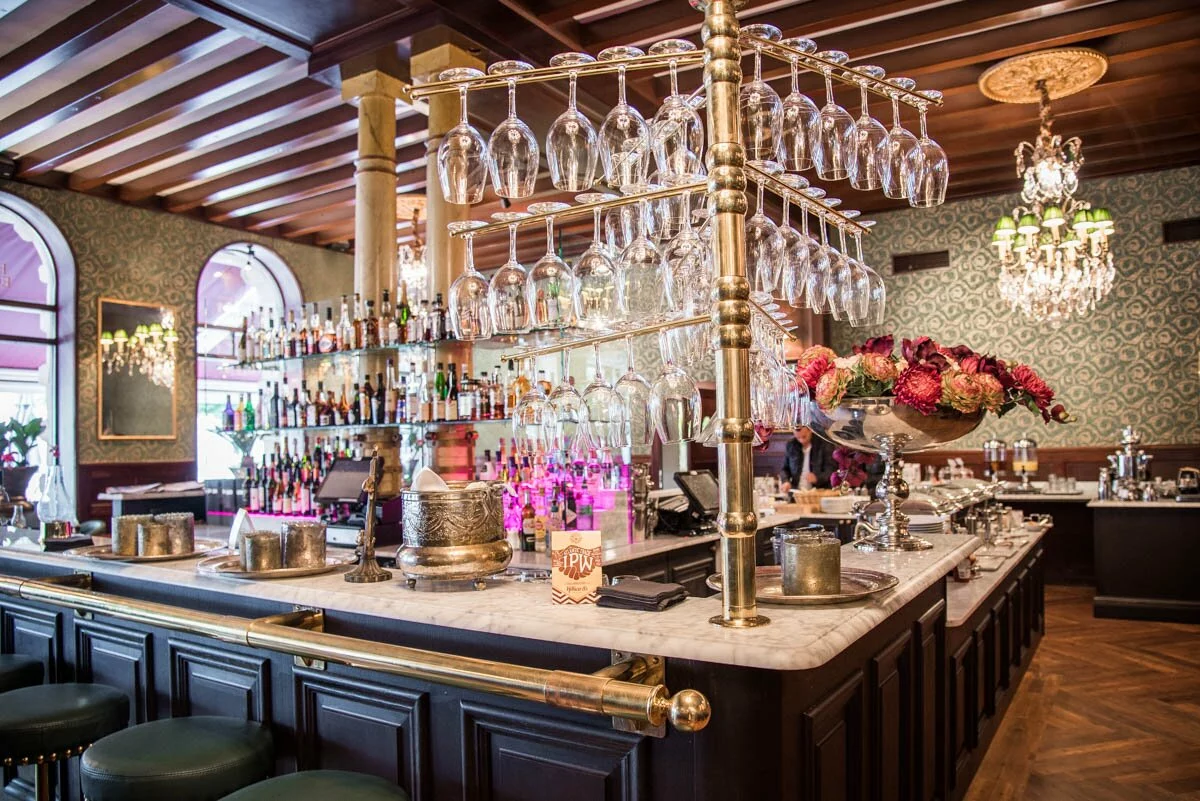
Skål! The bar at Hotel Eggers. (Photo provided by hotel)
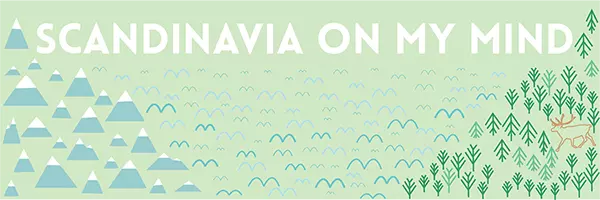
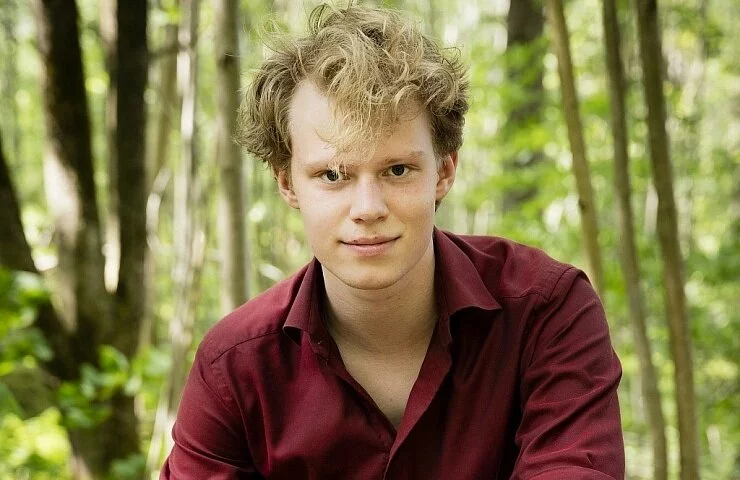
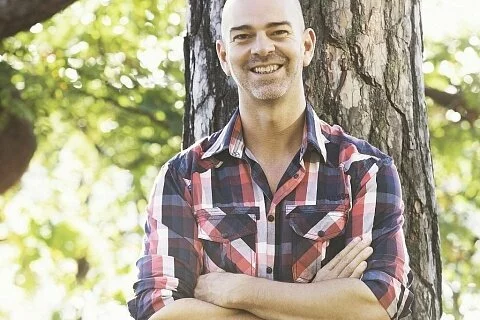
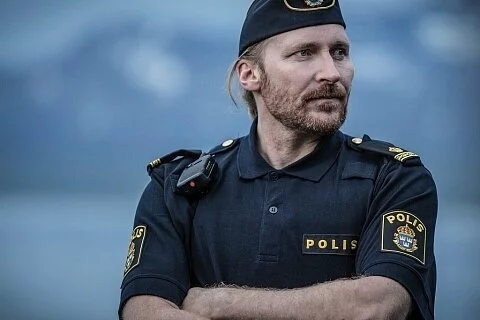
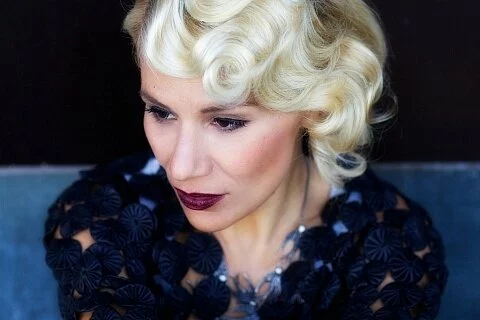
Leave a Reply